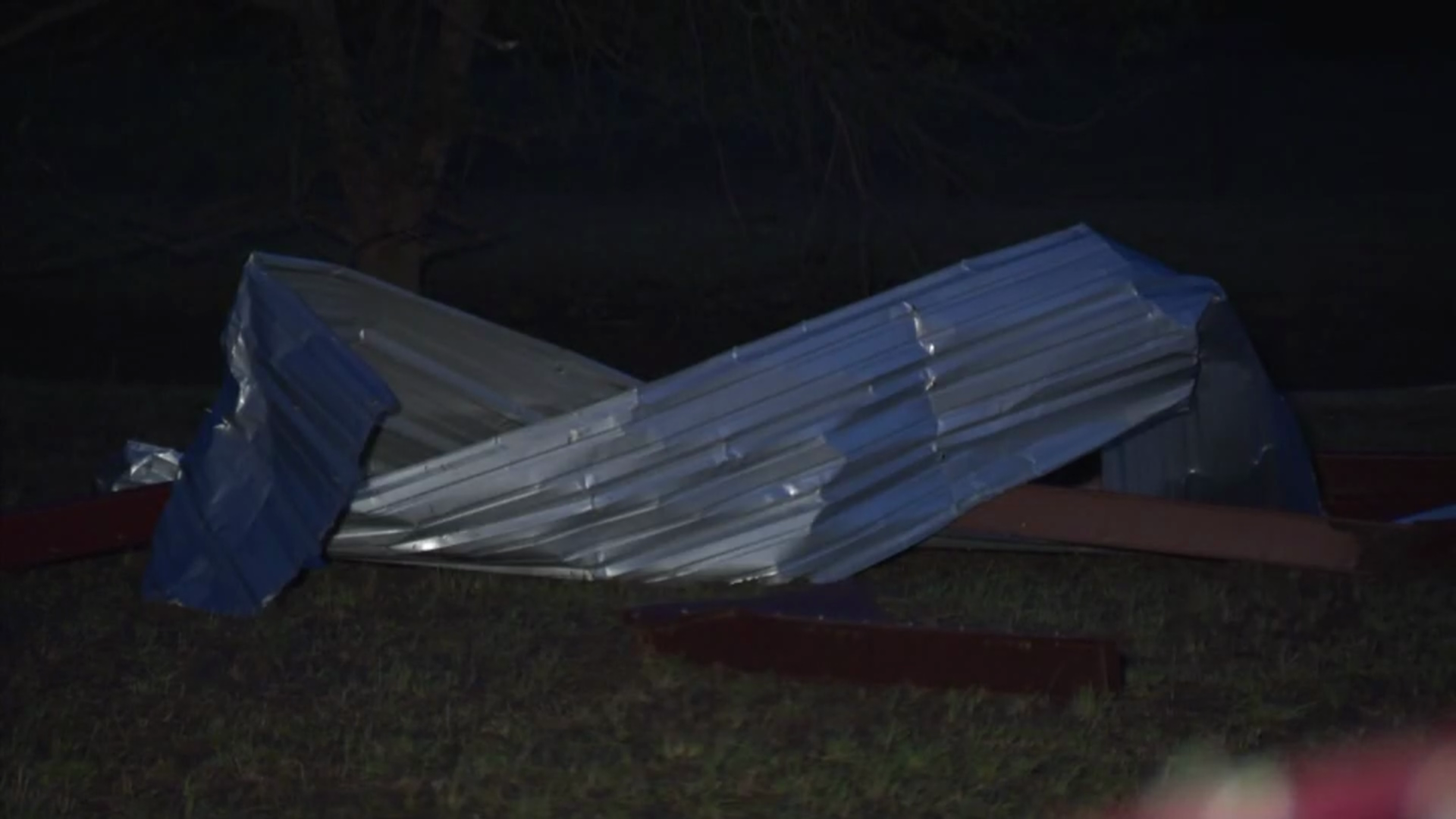The month of November is set aside to honor and learn about Native American history and culture.
Tens of thousands of Native Americans live in the Dallas-Fort Worth area, representing more than 200 tribal nations.
Texas Christian University in Fort Worth is listening to those voices in an effort to bring change on campus.

Get DFW local news, weather forecasts and entertainment stories to your inbox. Sign up for NBC DFW newsletters.
"As an enrolled citizen of the Cherokee Nation of Oklahoma, I would say, I'm getting to live my ancestor's dreams. It's absolutely incredible to get to see the work that I'm able to do. I'm so proud of the accomplishments I've been able to achieve at TCU not just as a student but as a young Cherokee," said Haylee Chiariello, a second-year transfer student.
Chiariello has a prominent role on the Fort Worth campus. Much of it revolves around her work to amplify the voices of Native Americans. She's a member of the Native American Advisory Council, a new initiative at TCU.
"Giving that student insight has been absolutely amazing. and I'm also serving on TCU's Race and Reconciliation Initiative. So, I'm getting to provide some perspective on TCU's history with Native American peoples and also trying to figure out how we can move forward so that native students like me feel like they have a place at TCU because sometimes that seems far off," she said.
Local
The latest news from around North Texas.
Her skills with a baton brought Chiariello to Fort Worth. She's the featured twirler with the Horned Frog Marching Band; a testament, she believes, to those who came before her.
"Growing up in Oklahoma City, I was very close to my family, my Cherokee grandfather. I would often spend the weekends at his house and he would fix us grape dumplings and other kinds of yummy Cherokee foods. He's a Cherokee artisan, and I would spend my time with him and know the importance of continuing our legacy and keeping the breath of our ancestors alive. So, I'm continuing the line here at TCU," she said.
Chiarello and Scott Langston, an instructor of religion and TCU's Native American Nations and Communities Liaison talked with NBC5 about the university's work in connecting with native peoples.
Langston started with a history lesson.
"Every single inch of land in the metroplex is Native American land that was violently taken from them and then colonized by non-native peoples over a long process of time and sort of the final step in that process of taking possession of this land came on May 24, 1841, when General H. Tarrant led a group of Texas militia to attack native peoples that were living in the area and historians will point to that as sort of the last step in driving native peoples out of what became the Dallas-Fort worth metroplex. And then within just a few months, non-natives were moving in and colonizing the area," he explained. "Now TCU was not in existence at that time. TCU came into existence in 1873 but TCU is the beneficiary of a system that was set up on the basis of violently taking land from Native Americans and then redistributing that land."
Conversations that started in 2015 led to a monument on campus in 2018 that pays respect to the Wichita and affiliated tribes upon whose historical homeland the university is located.
In April 2021, the university approved a land acknowledgment again recognizing it stands on ancient lands.
"For the first time in TCU's 148-year history, this past September that acknowledgment was read at commencement, a very important high-level university ceremony. And it reflects how we're developing an awareness that we need to have these conversations with Native American people, communities, nations. learn from them. Not just study them as we have for so long in our past but actually learn and listen to native peoples," Langston said. "And, I think connecting with these groups and these individuals and having these conversations is very, very important to unlearning the untruths we've been taught."
"I think it's important to engage in those efforts that TCU is offering and try to be a part of the conversations. Listen to what American Indians are saying. Listen to our voices. We're still here and we have a lot of things we're saying and we're looking to do," Chiariello said.
Langston says Chiariello is one of fewer than three dozen self-identified Native American students among the 11,000 undergraduate and graduate students. He's counted just nine faculty members who identify as American Indian or Alaska Native.
Chiariello was fully aware she'd be on a college campus as a marginalized student but believes her voice is being heard and her perspective is valued. She's a young woman with a strong sense of self and purpose.
"I would say my family had a huge role in my, in what I'm trying to accomplish for Native peoples but also observing the world around me. I recognize that Native Americans are underlooked in the roles I've been pursuing. I serve as a featured twirler at a major D1 institution. There aren't a lot of young women who get to serve in that capacity that look like me and have that background," she said.
"I would say my journey is filled with lots of moments that are not easy. There's been push back for my journey as a young Native American student in college but, I choose to focus on what I'm trying to accomplish. And I really tune in to listen to the voice of my ancestors because I know I am doing the work that they dreamed about. I am here and I am here because of their resiliency."



